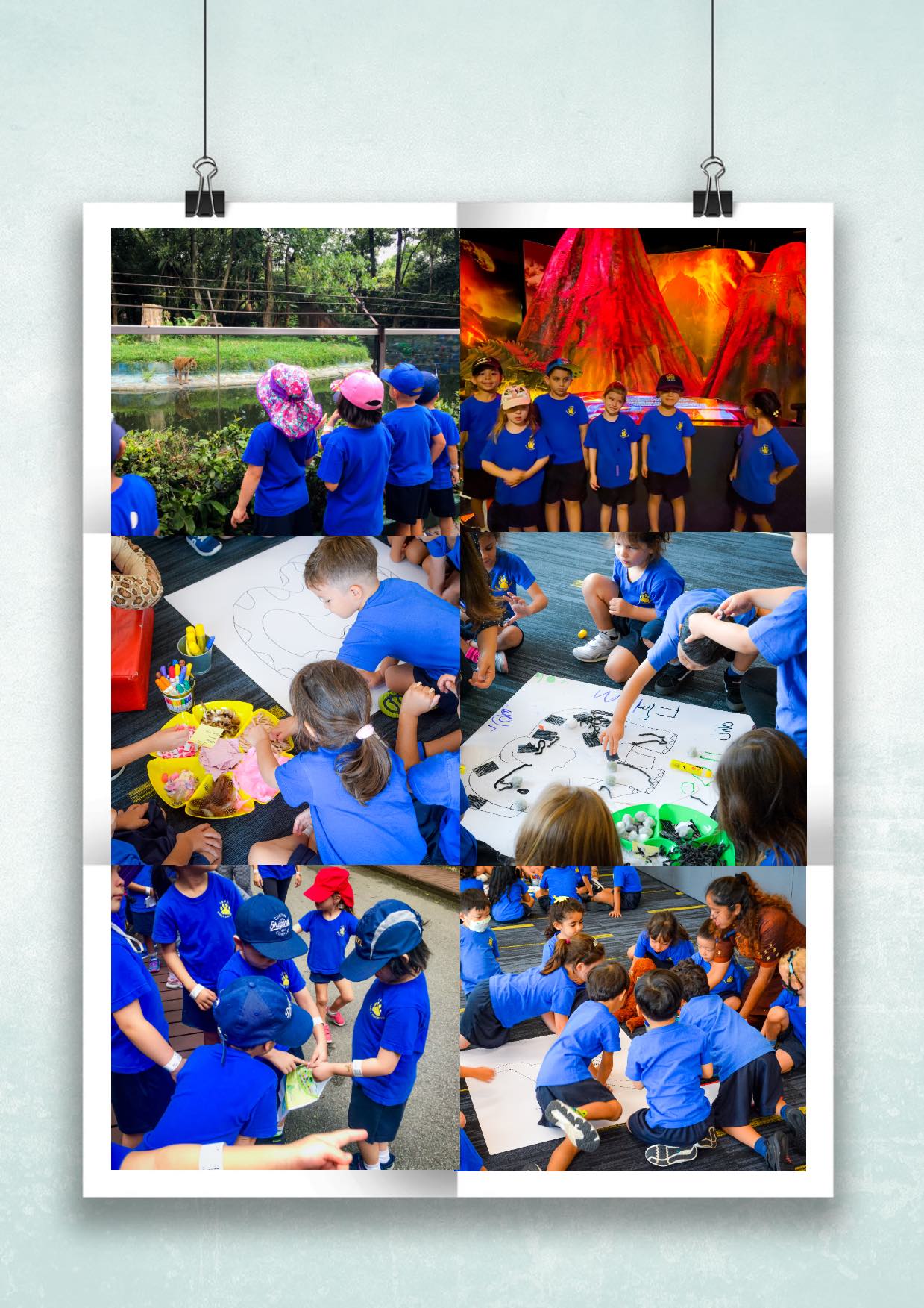Early Childhood Learners Curiosities And Interests Piqued with Provocations

Mention the words’ Provocation and three-year-old’, and the image of a cross-armed child saying, “No, I don’t want to!” will probably come up. But, in ISKL’s educational jargon, a Provocation is something deeper and much more positive, especially for early childhood education, where it is used to provoke thoughts, ideas, and actions with young learners.
“A provocation is an invitation for children to learn, to create, and to build – using different materials that are open-ended and hands-on. We want our students to think and wonder about all types of possibilities,” said Rhonda Griffin, an ES Prep Reception teacher at ISKL leading the Learning Celebration program alongside her associate teacher Jasmine Teh and the rest of the team. “A learning celebration starts from the moment students walk into the classroom. As we interact with them, we will get to know who they are, their interests and their skills,” she adds.
An integral part of ISKL’s early childhood education, the provocations program is where the intention is to provoke thoughts, ideas, and actions. These can help a young student to expand on a thought, project, or point of interest.
Rhonda explained how at the beginning of the academic year, the faculty help students with their socio-emotional skills, language, communication, and how to play fair.
“Once they are settled in, we start to observe them and their centers. When they are exploring the classroom, we watch them and begin to notice their interests. With this information, we provide more provocations geared towards their interests”.
After completing the first semester, the Prep Reception Prep Junior (PRPJ) faculty team identifies the common interests of the students in the classroom. It begins the process of making their learnings more visible. For ISKL’s youngest learners, learning is about inspiring curiosity and learning through play. The Early Childhood Program (Prep Reception, Prep Junior, and Prep Senior) is based on developing the child by cultivating social, emotional, cognitive, physical, and creative skills. This is done through learning experiences and activities within structured and innovative learning environments.
Students are guided by principles of ‘The Melawati Way,’ which incorporates ISKL’s code of behavior that encourages students to focus on ‘Taking care of yourself, Taking care of others, and Taking care of this place.’
“These early provocations observe how wonder is sparked and created in even the youngest learners through intentional, open-ended learning experiences and engagements. Our students go through a two-month process of investigation, inquiry, and a discovery of living ethically,” says Rhonda. “We provide whole group provocations through in-class engagements, field trips, mixed-age interest groups, individual and collaborative work. Their learning will culminate with a Learning Celebration in April, where all their handmade artwork and assignments are displayed for everyone to see.”
‘We have open-ended type activities where we use a variety of loose parts, different materials, different textures. We also like to use natural materials as we feel that children connect better to natural elements in our earth such as branches, leaves, rocks, shells, mirrors. We provide these materials so they can be creative and use their imagination. The students then can talk to each other and share different ideas when they explore the provocations in the room,” Rhonda added.
Students attend three different provocation events at the beginning of the second term, where they learn to apply the principles of the Melawati Way. The first Provocation event is based on the first principle, where they get to take care of others, and the topic chosen was endangered animals and conservation. The second Provocation was ‘to take care of this place,’ where they decided to be community helpers by helping ISKL’s cleaning crew, and the last was based on ‘taking care of yourself’ with dinosaurs and their extinction as the main topic.
In February, all the PRPJ students were brought on a field trip where they were split into mixed age groups of students aged three, four, and five years old visited places around KL based on their interests. After a vote, the top three places were the National Zoo, The National Science Museum, and the Hang Tuah Fire Station.
Those who visited the National Zoo focused on ways to bring awareness to endangered animals. Students who visited the National Science museum were treated to an animated display where they got to explore and use all their senses, learning about dinosaurs. The students also took part in activities like making dinosaur origami, discovering dinosaur bones, watching a movie about volcanoes, and interacting with Dino Rangers. The Hang Tuah fire station visit saw fire marshall Encik Mohad explaining fire prevention and safety. Students experienced going in a fire truck, how to use a water hose, and what to do in case of a fire.
Rhonda concluded, “The whole purpose of provocations is that we want for the children to be critical thinkers, to problem solve, be creative, it is what we talk about in our School-Wide Learning Results (SLR). The reality is that our children are powerful and competent, and they have so much information to share. Let’s instill these ideals while they are young”.


